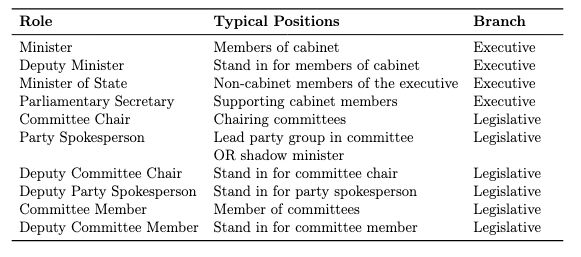Jens Wäckerle
@jwaeckerle.bsky.social
2.4K followers
270 following
30 posts
Post-doctoral researcher at the Cologne Center for Comparative Politics (University of Cologne)
https://www.jenswaeckerle.com/
Posts
Media
Videos
Starter Packs
Reposted by Jens Wäckerle
Reposted by Jens Wäckerle
Reposted by Jens Wäckerle
Jens Wäckerle
@jwaeckerle.bsky.social
· Aug 15
Reposted by Jens Wäckerle
EPSS
@epssnet.bsky.social
· Aug 7
Reposted by Jens Wäckerle
Reposted by Jens Wäckerle
Jens Wäckerle
@jwaeckerle.bsky.social
· Jul 13
Jens Wäckerle
@jwaeckerle.bsky.social
· Jul 3

















